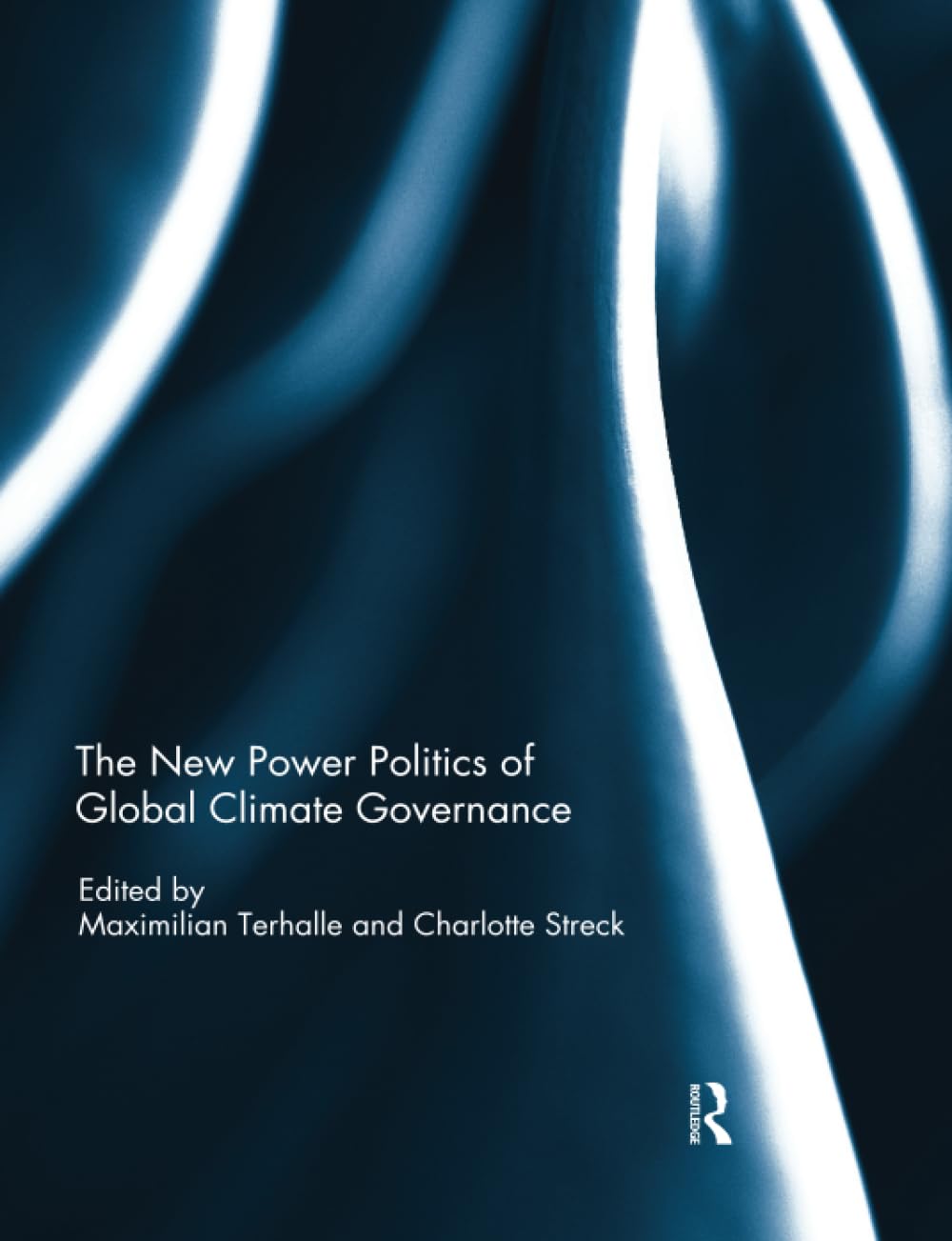The New Power Politics of Global Climate Governance
The New Power Politics of Global Climate Governance is backordered and will ship as soon as it is back in stock.
Couldn't load pickup availability
Genuine Products Guarantee
Genuine Products Guarantee
We guarantee 100% genuine products, and if proven otherwise, we will compensate you with 10 times the product's cost.
Delivery and Shipping
Delivery and Shipping
Products are generally ready for dispatch within 1 day and typically reach you in 3 to 5 days.
Book Details
-
Author: Maximilian Terhalle
-
Publisher: Routledge
-
Edition: 1
-
Binding: Paperback
-
ISBN: 9780367076979
-
Pages: 170
-
Release Date: 20-10-2018
-
Dimensions: 9.6 x 7.4 x 0.4 inches
-
Languages: English
About the Book
Great Powers and Global Environmental Politics explores the significant role that great powers, both established and rising, play in shaping global environmental politics. The book delves into the international climate negotiations, examining the complex dynamics between major powers like China, the United States, and other emerging global players, and how their approaches influence the development of climate norms.
The book includes a new introduction that looks at key developments since 2013, including the bilateral climate deals between China and the United States and the results of the UNFCCC COP21 held in Paris in 2015. Through this lens, the book assesses how the competition for carbon space drives today’s geopolitics and shapes the direction of global environmental policy.
One of the central arguments of the book is that global climate negotiations must focus on fair burden-sharing between industrialized countries and emerging powers, taking into account domestic political realities and divergent worldviews. The book critically examines the historical legacies that have traditionally shaped global climate politics, especially from the perspective of the United States, and how these legacies are being questioned in today’s climate discourse.
Great Powers and Global Environmental Politics concludes with a compelling argument for the need to carefully balance power in the 21st century through a cooperative approach to climate governance.
Key Features:
-
Analyzes the role of major powers in shaping global environmental politics
-
Focuses on the competition for carbon space and its implications for climate negotiations
-
Explores geopolitical dynamics between established and rising powers
-
Based on a special issue of the journal Climate Policy, making it an authoritative resource
This book is an essential read for anyone interested in global environmental governance, international relations, and the political economy of climate change. It provides critical insights into the complexities of balancing political power, environmental responsibility, and climate justice in the contemporary world.







